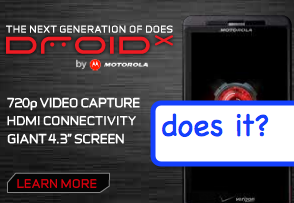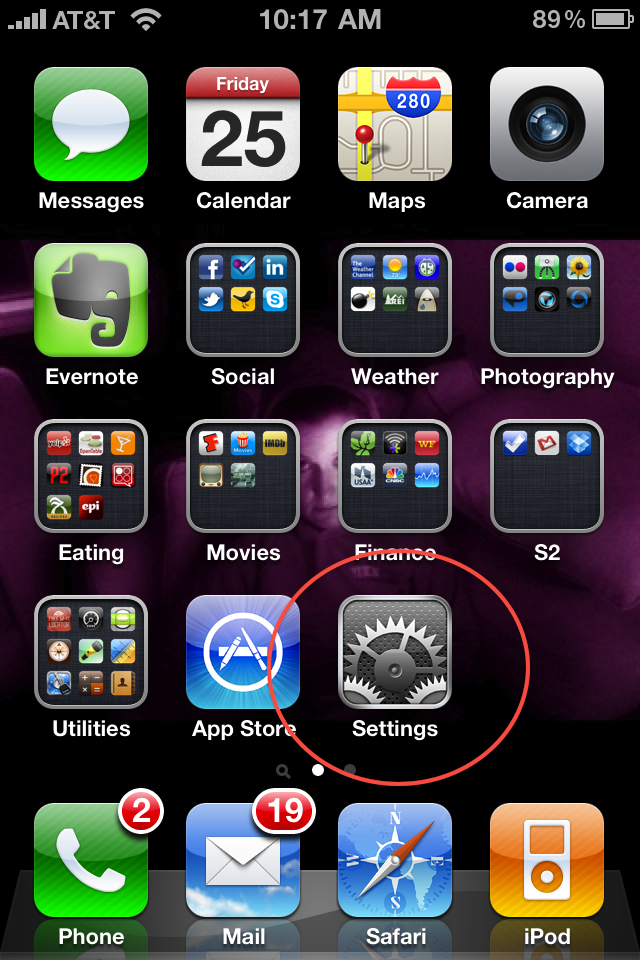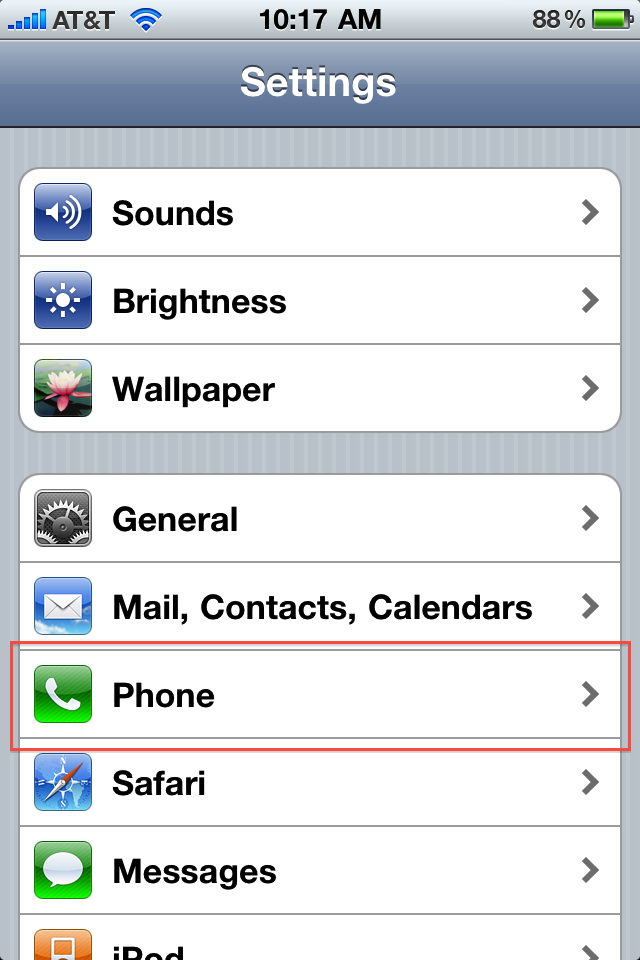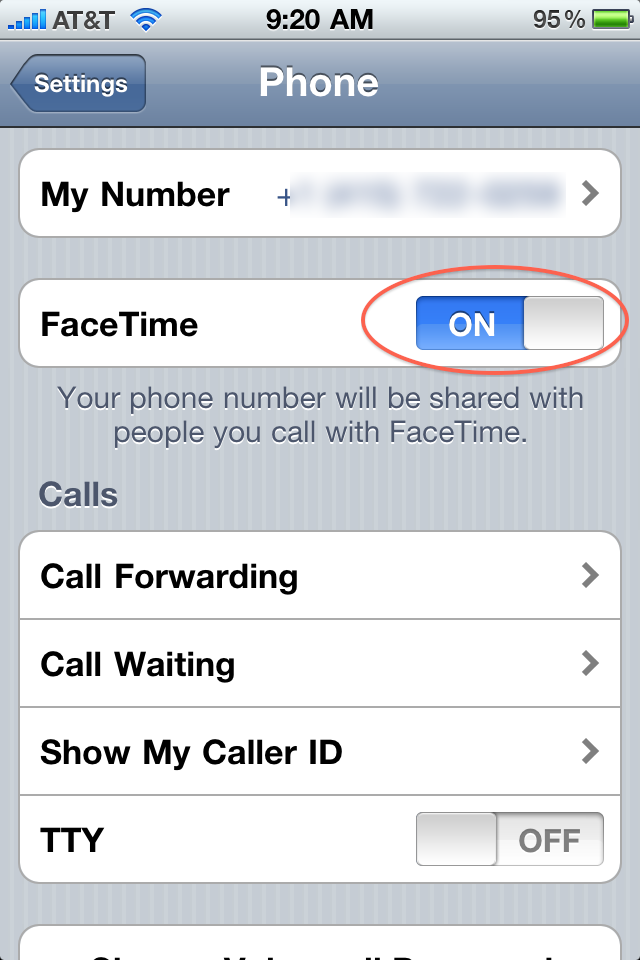 In part 2 of our series on how to make better ten foot user experiences for PC/TV/Internet convergence devices, we take a look at Boxee Box apps. The Boxee downloadable app for Windows/Mac/Linux is pretty popular, and has apps from tons of different sources. In the Boxee Box by D-Link (full disclosure: I have a professional relationship with them, which has nothing to do with this post), however, the usage model is probably going to be quite different than the computer-based download. The user experience for the embedded environment, plus a remote with limited (though very cool) keyboard, and no mouse interaction, combined with a changing user demographic, means a different way to think about apps is required. Hopefully a lot of app developers are realizing these differences, and beginning to update their apps in advance of the product launch this fall. If not, here are some tips to help get you going!
In part 2 of our series on how to make better ten foot user experiences for PC/TV/Internet convergence devices, we take a look at Boxee Box apps. The Boxee downloadable app for Windows/Mac/Linux is pretty popular, and has apps from tons of different sources. In the Boxee Box by D-Link (full disclosure: I have a professional relationship with them, which has nothing to do with this post), however, the usage model is probably going to be quite different than the computer-based download. The user experience for the embedded environment, plus a remote with limited (though very cool) keyboard, and no mouse interaction, combined with a changing user demographic, means a different way to think about apps is required. Hopefully a lot of app developers are realizing these differences, and beginning to update their apps in advance of the product launch this fall. If not, here are some tips to help get you going!
- Avoid Input Fields At All Costs
- Create Consistent Remote Interaction
- There is no Back Button
- Make it Move!
- Redirect for Account Creation
- Include a “Sit Back and Watch” Mode
- Your Boxee Box App CANNOT Be “Your Website Only Way Bigger”
- Keep Your Menus Visible When Needed!
- Your App Needs a Social Life
- HD is Pretty
Click here for the Top 10 Tips to make a better Google TV Site.











